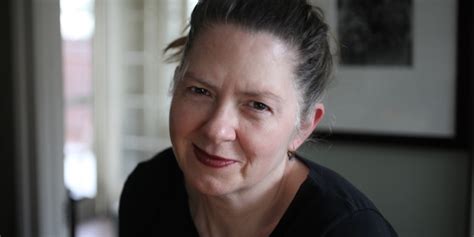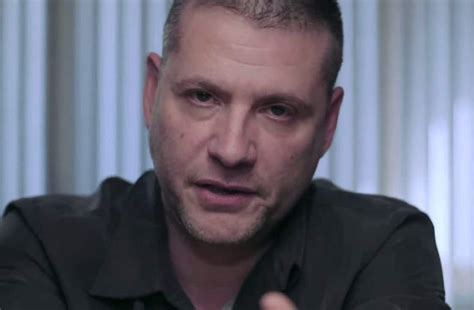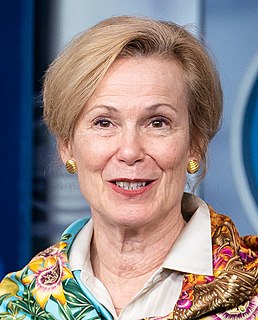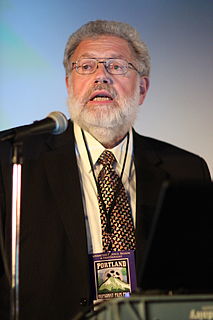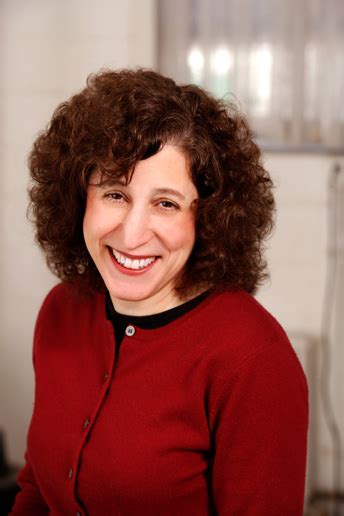A Quote by Manohla Dargis
In truth, “Extremely Loud & Incredibly Close” isn't about Sept. 11. It's about the impulse to drain that day of its specificity and turn it into yet another wellspring of generic emotions: sadness, loneliness, happiness. This is how kitsch works. It exploits familiar images, be they puppies or babies - or, as in the case of this movie, the twin towers - and tries to make us feel good, even virtuous, simply about feeling. And, yes, you may cry, but when tears are milked as they are here, the truer response should be rage.
Quote Topics
About
Another
Babies
Case
Close
Cry
Day
Drain
Emotions
Even
Exploits
Extremely
Familiar
Feel
Feel Good
Feeling
Generic
Good
Happiness
How
Images
Impulse
Incredibly
Kitsch
Loneliness
Loud
Make
May
Movie
Rage
Response
Sadness
Should
Simply
Specificity
Tears
Towers
Tries
Truer
Truth
Turn
Twin
Twin Towers
Us
Virtuous
Wellspring
Works
Yes
Related Quotes
I felt, that night, on that stage, under that skull, incredibly close to everything in the universe, but also extremely alone. I wondered, for the first time in my life, if life was worth all the work it took to live. What exactly made it worth it? What's so horrible about being dead forever, and not feeling anything, and not even dreaming? What's so great about feeling and dreaming?
Well, actually I look at the book and the movie [Deliver Us From Evil] - the movie isn't about a cop or the Devil, it's about God. There's a spirituality. We have aspects of life we're involved in but we really have no idea about the spiritual battle that rages around us that we are the subject of. The whole matter is the Devil tries to take souls away from God, and God tries to keep them. And that's what this is all about.
The truth about autobiographical songs, he realized, was that you had to make the present become the past, somehow: you had to take a feeling or a friend or a woman and turn whatever it was into something that was over, so that you could be definitive about it. You had to put it in a glass case and look at it and think about it until it gave up its meaning.
When I wrote 'We Were The Mulvaneys,' I was just old enough to look back upon my own family life and the lies of certain individuals close to me, with the detachment of time. I wanted to tell the truth about secrets: How much pain they give, yet how much relief, even happiness we may feel when at last the motive for secrecy has passed.
I think that were I in the middle of an obsession to write about, say, sudden oak death in California or my grandchildren or time and memory and how they look when you get to be in your sixties, and I thought, "Well, yes but people are dying every day in Baghdad," I wouldn't feel guilty about not writing about Baghdad if I didn't have any good ideas about how to write about it.
